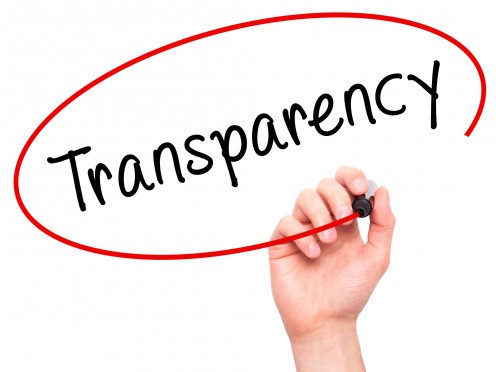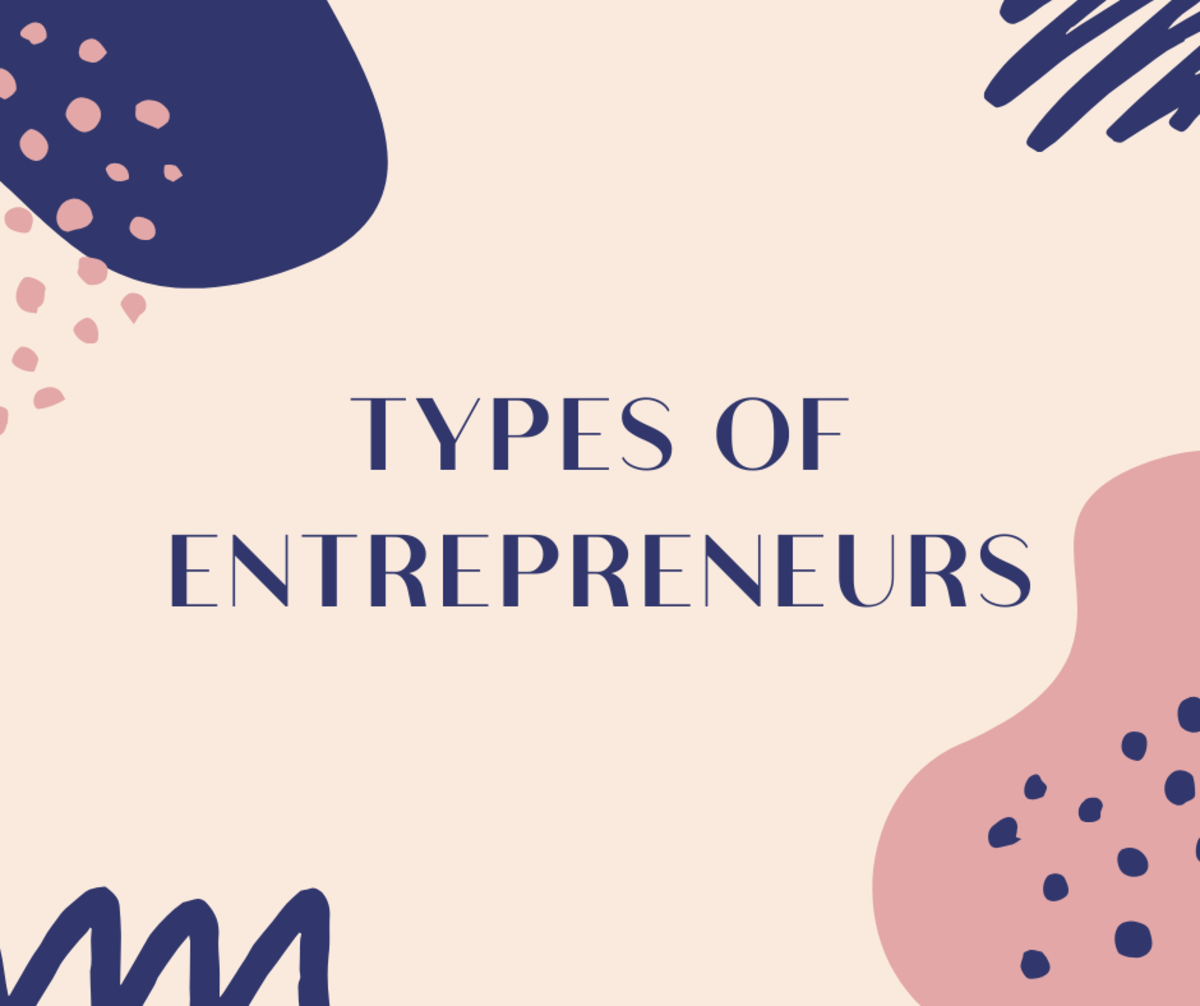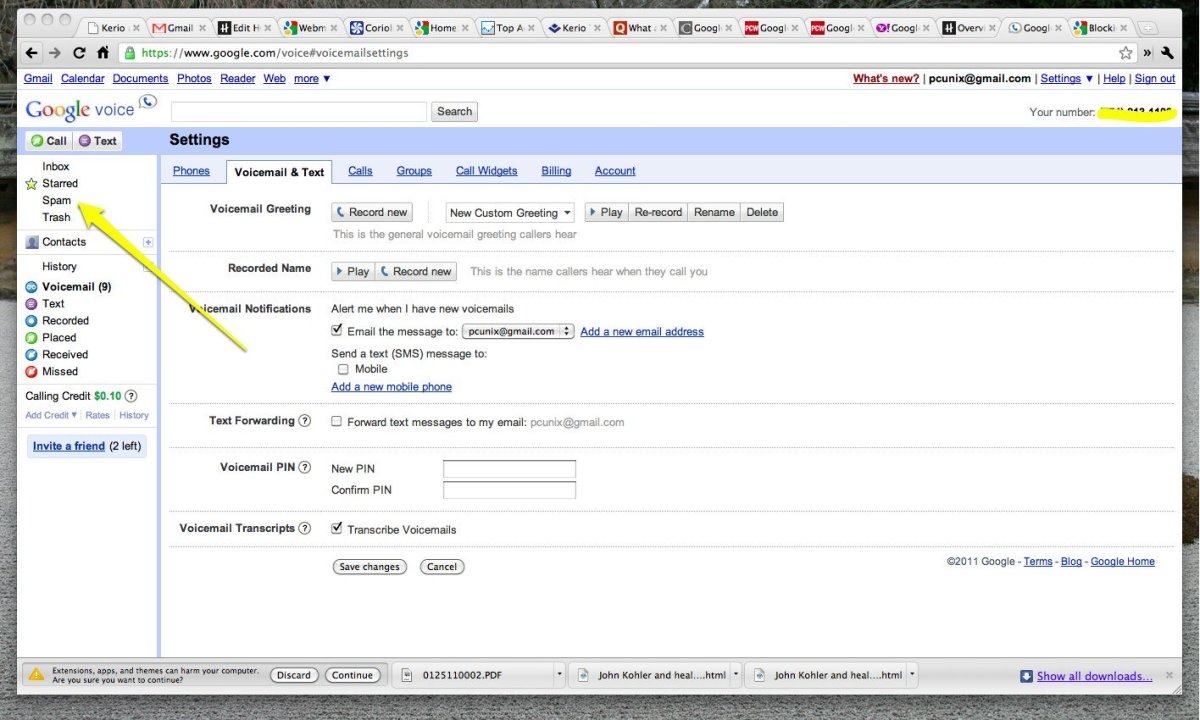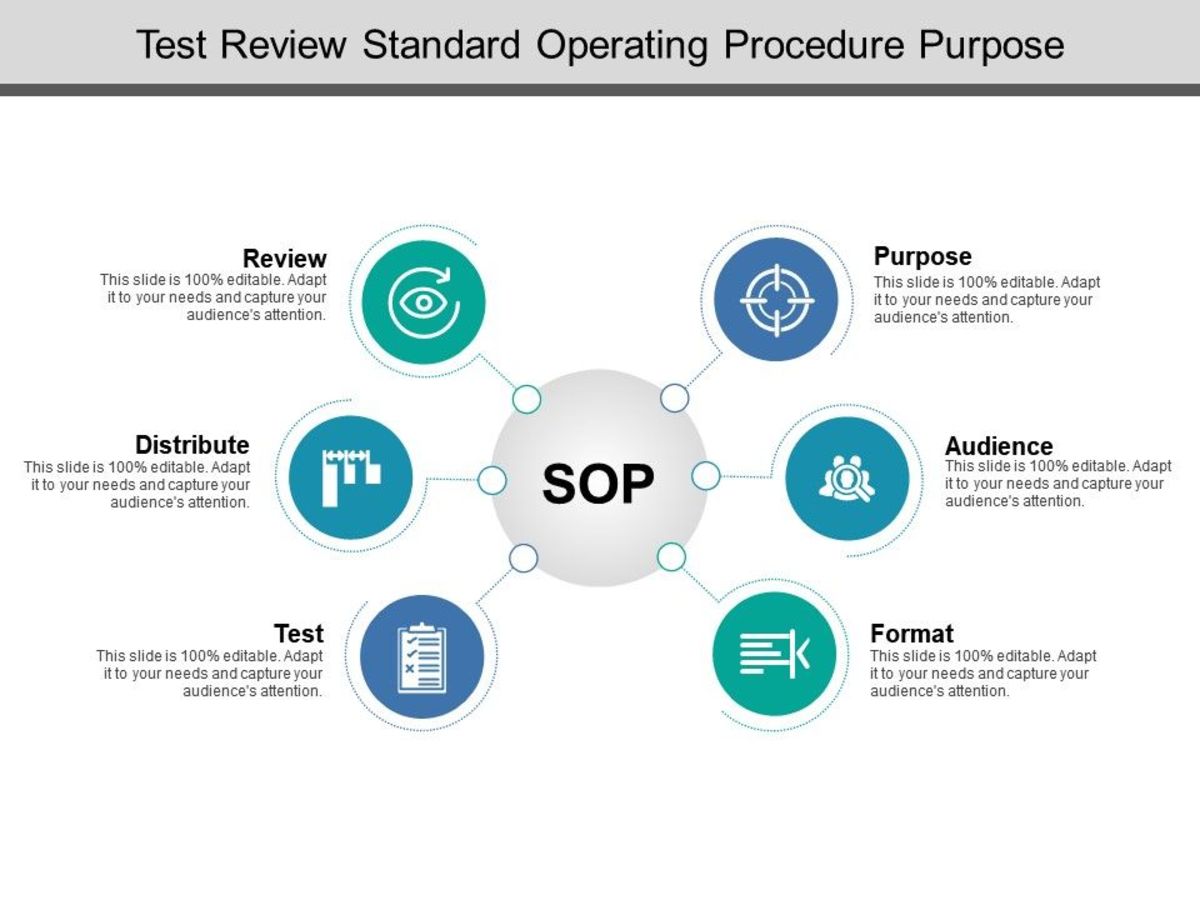- HubPages»
- Business and Employment»
- Small Businesses & Entrepreneurs»
- Marketing for Small Business
How Small Businesses Can Build Effective Partnerships

Small businesses are sometimes at a disadvantage because they have to rely on external partnerships more heavily.
We all know in-house partnerships can be difficult at the best of times, so when you need to lean on other companies it's extremely challenging.
Unfortunately, it's the only way to find success.
It means you'll have to work around the problem by solidifying all your partnerships, which lots of businesses have trouble doing.
The last thing you need is to wait for them to grow stronger over time.
It's why we're going to discuss a few things that can speed the process up.

Sharing a Common End Goal
A few years ago SAP chose IBM to partner up with in order to accelerate enterprise cloud adoption.
It's something both companies wanted, which is why there weren't any major disasters.
You could easily have the same kind of thing.
It would be different because you're a small business, but you'll want your partners to share a common goal.
When nothing else matters except each company maximizing their profits you need to be careful.

Don’t Take Advantage of Them
When you're in any sort of business relationship you'll be able to take advantage of something.
The company you're partnering up with will be able to do the same. You must resist the temptation to exploit the opportunity.
It will work out for you in the short term, but business is a long term game.
You'll end up losing out in the future.
It could be worse if word gets around that you should be avoided at all costs because people do like to talk.

Always Communicate Regularly
Someone might sell something as simple as a sanding machine, but it's no excuse not to communicate with them regularly.
It doesn't matter if they have one product or a hundred on sale at any one time.
In the past, it would be easier to spend more time on larger companies and it's still technically true, but one thing has changed.
Technology makes it easy to keep up to date with everyone within a few seconds.

Everyone Hates Surprises
Hopefully, you know the kind of surprises we're talking about.
They're usually nasty and have the power to hurt a business.
Sometimes they can't be avoided, but you still have some form of control over them.
Don't wait until the last minute to let your partners know that something is wrong.
They might even be able to help you sort out the problem.
If you hold things back you'll destroy any trust you've built up and it will kill the partnership.

Focus on Your Weaknesses
Any small business using SAP software will have the tools available to find their strengths, which means they'll also know their weaknesses.
Would you really want to partner up with a company if they shared your strengths?
Sometimes it could be a good thing and you shouldn't rule it out, but look for partnerships that will eliminate your weaknesses.
It's a bonus for you and it will be ideal for other companies if they're doing the same thing.

Treat Everyone Like an Equal
There is a tremendous amount of money to be made in the world, but you'll only get your fair share if you treat your partners as equals.
Don't be one of those small businesses that disappear forever after a few years because you messed up.

Remember: Not All Partnerships Are Worth the Energy or Risk of Pursuing
In today's fast-paced startup environment, it's difficult to measure the importance of potential partnerships.
Further, if one finds that the existing partnership they're in isn't fruitful, it becomes even more complicated to cut ties with them as time passes.
It's not uncommon for entrepreneurs to find themselves in nasty legal battles.
Take it from The Startup:
"You focus on that one bigger fish. You feel like signing a contract with that corporate will accelerate your development. That company knows it and uses it to put pressure on your margins and conditions.
"If you don’t watch for it, the business relationship starts to become unbalanced. The smaller and more fragile guy (you) gets more and more exposed to financial and operational risks.
"But you want this deal soooo bad that you consider “investing in research” to catch that fish.
"The big fish ends up asking you to work for free and you end up financing their pilot projects because that guy’s logo would look good on a pitch deck."
This content is accurate and true to the best of the author’s knowledge and is not meant to substitute for formal and individualized advice from a qualified professional.
© 2019 Sarah Draper








